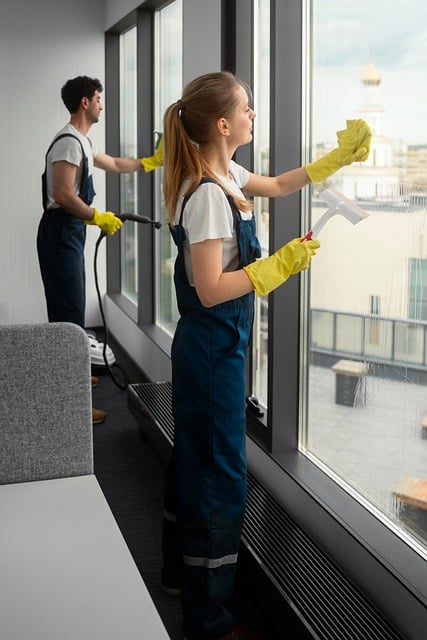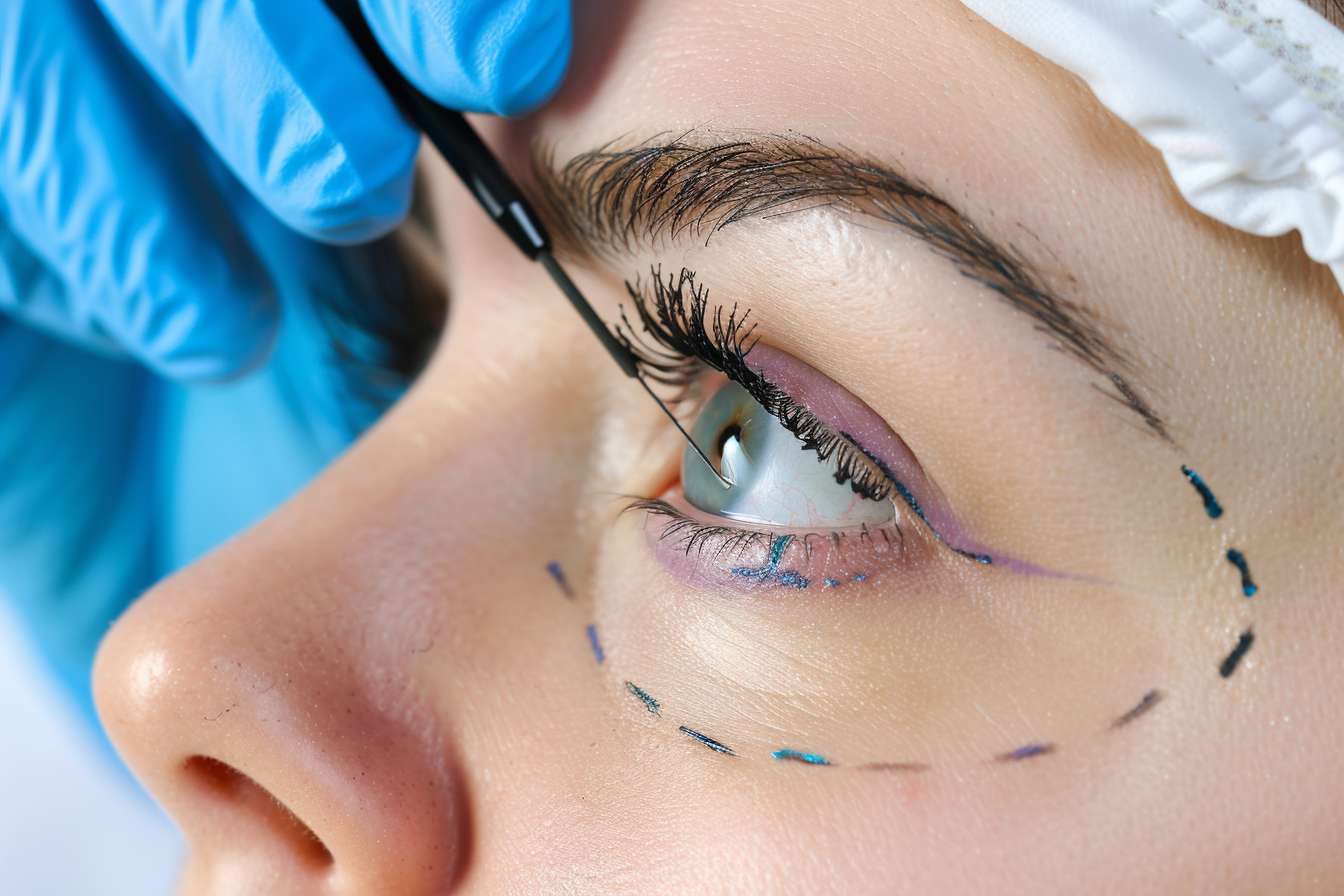Insight into Cleaning Roles in Ireland
Cleaning roles form a vital part of Ireland's service economy, supporting diverse sectors from hospitality to healthcare. Understanding the nature of these positions, the skills they require, and the environments in which they operate can help individuals assess whether this field aligns with their career interests. This article offers a neutral overview of cleaning-related responsibilities, workplace settings, and the competencies that employers typically seek.

Cleaning roles encompass a broad spectrum of tasks and responsibilities that vary depending on the industry and setting. In Ireland, these positions are found in numerous sectors including hotels, hospitals, offices, educational institutions, and private residences. The diversity of environments means that cleaning professionals may encounter different challenges and expectations depending on their place of work.
What Are the Key Responsibilities in Cleaning Roles?
Cleaning professionals are generally responsible for maintaining hygiene and cleanliness standards in their assigned areas. Common tasks include dusting, vacuuming, mopping floors, sanitizing surfaces, emptying waste bins, and restocking supplies such as soap and paper towels. In specialized environments like healthcare facilities, additional responsibilities may involve disinfecting medical equipment, handling biohazard waste, and adhering to strict infection control protocols. In hospitality settings, cleaning staff often prepare guest rooms, change linens, and ensure public areas remain presentable. The scope of duties can range from routine maintenance to deep cleaning projects, depending on the employer’s requirements and the specific role.
What Workplace Environments Exist Across Ireland?
Cleaning roles are available in a wide variety of workplace environments throughout Ireland. Commercial offices in urban centers such as Dublin, Cork, and Galway require regular cleaning to maintain professional standards. Healthcare facilities, including hospitals and clinics, demand rigorous hygiene practices and often operate around the clock, meaning cleaning staff may work shifts that include evenings, nights, or weekends. Educational institutions such as schools and universities need cleaning services to ensure safe and sanitary conditions for students and staff. The hospitality industry, encompassing hotels, guesthouses, and tourist accommodations, relies heavily on cleaning professionals to uphold guest satisfaction. Additionally, private households may employ cleaners for domestic tasks. Each environment presents unique characteristics, from the fast-paced nature of hotels to the meticulous standards of medical settings.
Which Skills Are Valued in Cleaning Tasks?
Employers in the cleaning sector typically seek individuals who demonstrate reliability, attention to detail, and a strong work ethic. Time management is important, as cleaning tasks often need to be completed within specific timeframes, particularly in commercial and hospitality settings. Physical stamina is also valued, as the work can involve standing for extended periods, lifting supplies, and performing repetitive motions. Knowledge of proper cleaning techniques and the safe use of cleaning agents and equipment is beneficial. In specialized environments, familiarity with health and safety regulations, including the use of personal protective equipment, may be required. Communication skills can be useful, especially when working as part of a team or interacting with clients and supervisors. Flexibility and adaptability are appreciated, as cleaning schedules and tasks can vary.
How Do Cleaning Roles Fit Within Ireland’s Economy?
The cleaning industry plays a significant role in supporting various sectors across Ireland. As businesses, institutions, and households prioritize cleanliness and hygiene, the demand for cleaning services remains consistent. This field offers entry points for individuals seeking employment, including those entering the workforce for the first time or transitioning from other sectors. While cleaning roles do not always require formal qualifications, some employers may provide on-the-job training or prefer candidates with prior experience. The nature of the work means that positions can be full-time, part-time, or contract-based, offering different levels of commitment depending on individual circumstances.
What Should Individuals Consider About Cleaning Roles?
Those considering cleaning roles should be aware of the physical demands and the varied nature of the work. The tasks can be repetitive and require sustained physical effort, which may not suit everyone. Working hours can differ widely, with some roles requiring early mornings, late evenings, or weekend shifts. Understanding the specific expectations of different environments is important, as a role in a hospital will differ significantly from one in a corporate office or private home. Individuals should also consider the importance of hygiene standards and the responsibility that comes with maintaining safe and clean spaces for others. While the work is essential, it is important to approach it with realistic expectations about the nature of the tasks and the workplace conditions.
Conclusion
Cleaning roles in Ireland encompass a diverse range of responsibilities and workplace environments, from healthcare facilities to hospitality venues and private residences. These positions require a combination of practical skills, physical stamina, and a commitment to maintaining high standards of cleanliness. While the work is essential to many sectors, individuals should carefully consider the demands and characteristics of cleaning tasks before pursuing opportunities in this field. Understanding the nature of the responsibilities and the environments in which they are performed can help individuals make informed decisions about their career paths.




